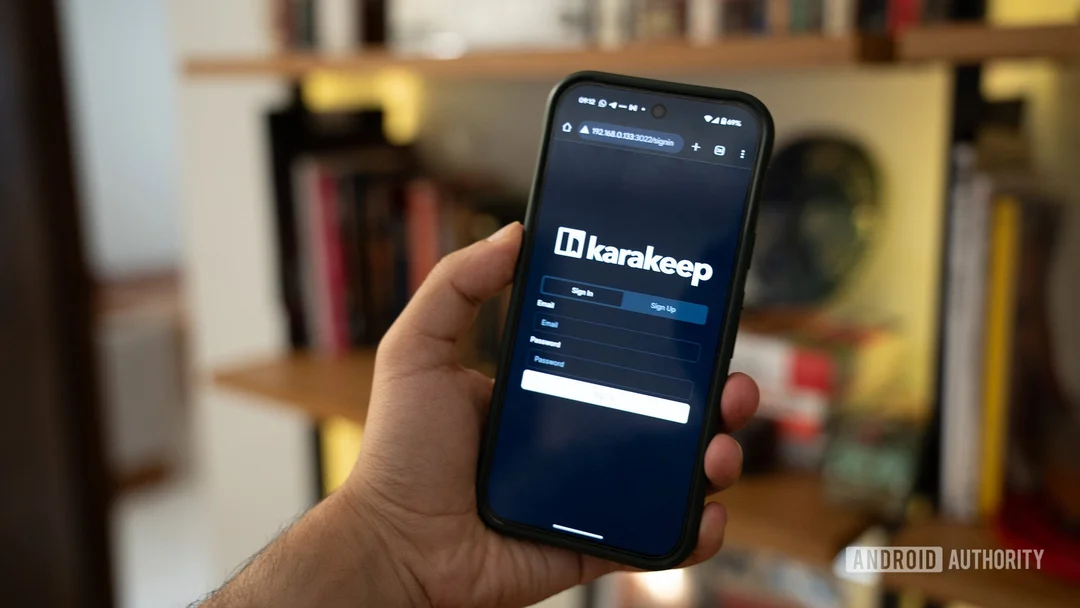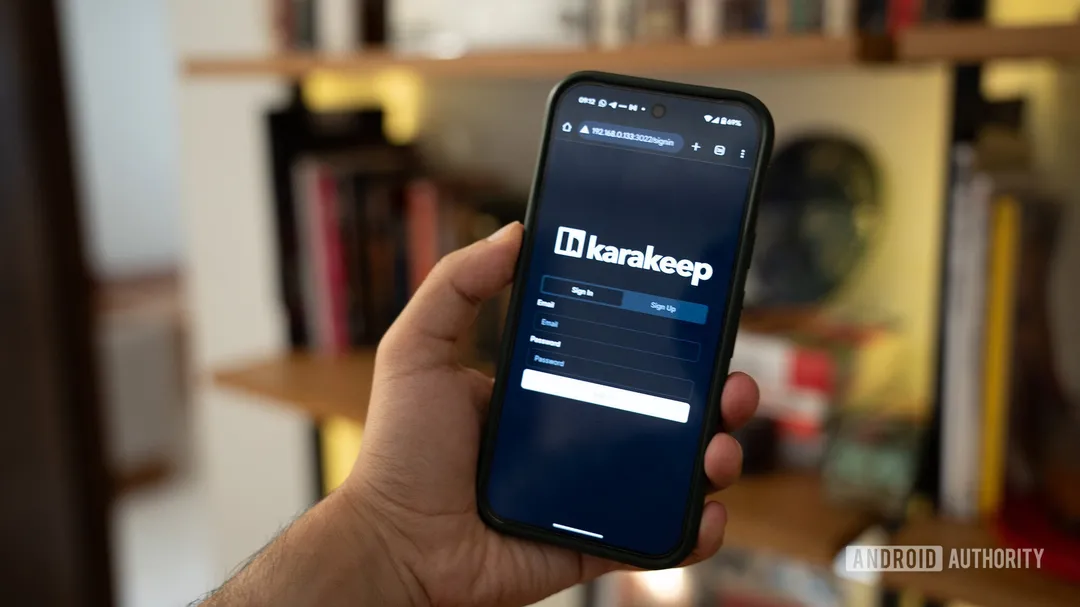
Pocket’s Demise Sparks a Self-Hosting Revolution: Is Karakeep the Answer?
The announcement of Pocket's shutdown sent shockwaves through the community of avid web content savers. For many, including long-time user Dhruv Bhutani, Pocket was more than just an app; it was a digital lifeline, a personal archive of articles, research, and inspiration. Now, with its impending demise, users are scrambling to find a worthy replacement. But is there a viable alternative that offers both convenience and control?
Bhutani's journey to find a replacement led him to Karakeep, a self-hosted, open-source solution that promises to fill the void left by Pocket. As he puts it, "Pocket was so deeply embedded in my daily routine, I didn’t realize how much I relied on it — until it was too late." His story reflects a growing trend: a desire to reclaim ownership of personal data and escape the fleeting nature of commercial services.
Self-hosting is emerging as a compelling option. As David Gewirtz from ZDNET points out, relying on a single developer or even a billion-dollar company can be risky. "If a billion-dollar company like Mozilla can't be bothered to keep its Pocket archiving service running, it's something of a risk to rely on a lone developer, no matter how talented or well-intentioned." Gewirtz recommends ArchiveBox, another open-source project, as a viable alternative.
What is Karakeep? It’s essentially a Pocket clone, stripping away the fluff and adding smart features. It allows users to save links, archive full pages, and read them later. Key features include tagging support, search functionality, and a clean reader view, all without algorithms trying to guess what you should read next.

Karakeep vs. Pocket: A Matter of Control While Pocket offered convenience, it lacked transparency. When something broke, users were at the mercy of product updates and vague support replies. Karakeep, on the other hand, offers complete control. Users can poke around, understand what’s going on, fix issues, or file bug reports with the open-source community.
One of Karakeep’s standout features is optional RSS integration, allowing users to automatically save posts from specific feeds—perfect for niche blogs or Substack newsletters. Another is AI-powered tagging and summarization, which, when connected to an OpenAI API key, can automate article organization. Bhutani, however, prefers manual curation, finding the process more intentional.
Setting up Karakeep requires some technical know-how, primarily involving Docker, but the GitHub instructions are straightforward. A browser extension mimics Pocket's functionality, enabling users to save articles with a single click. While mobile apps lack the refinement of Pocket's, they are functional. Offline reading is still on the roadmap.

Bhutani emphasizes that moving to Karakeep has changed the way he reads. He is curating his queue more intentionally, reading more slowly, and archiving more carefully. The experience feels less transactional and more deliberate. Plus, Karakeep stores full snapshots of web pages, eliminating worries about dead links. This makes it a valuable tool for research and long writing projects.
The shift towards self-hosted solutions like Karakeep is not just about replacing a service; it's about reclaiming control over one's digital life. It challenges the disposable nature of many digital tools and emphasizes the importance of owning the tools we rely on every day.
Are you ready to ditch the disposable and embrace self-hosting? Has Pocket's demise prompted you to re-evaluate your digital habits? Share your thoughts and experiences in the comments below!